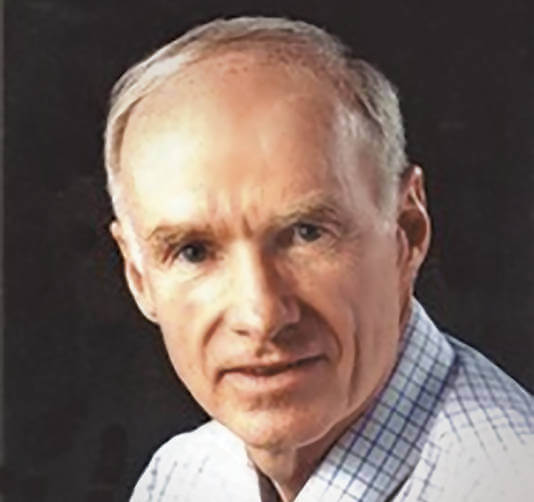I was a senior in college before I committed my life to Jesus Christ. But it wasn’t a full commitment. Even though I intended to trust God, I felt I needed to trust my own understanding also—and my ability to work things out. After all, I had never trusted anyone completely, and this was a big step.
What I did was share my trust with God. In short, I planned to do my best and let God take care of the deficiencies. That kind of partial trust was not based on a lack of desire to trust Him, only a lack of ability.
One has to learn to trust God. Just as we’ve learned to distrust human nature because we’ve been disappointed by people who have let us down, just as we’ve learned the hard way that no piece of equipment is fully trustworthy, so we have to learn to trust God.
Much of the problem lies in what we have to unlearn. Since I have learned to distrust people, since I know my car battery or alternator could betray me at any moment, since I know through experience that the airlines are often late—I am not willing to trust God fully.
Perhaps, I think, God can handle the big things such as the end of the world or the outcome of good over evil. But when it comes to trusting Him with relatively minor things—like providing me with enough money to live on—well, I’m not so sure. I have to learn He can be trusted by trusting.
For the past 40 years Eunice Pike has worked with the Mazatec Indians in southwestern Mexico. The Mazatec people seldom wish anyone well. Not only that, they are hesitant to teach one another, or to share the gospel with each other. Eunice says this odd behavior stems from the Indian’s concept of “limited good.” They believe there is only so much good, so much knowledge, so much love to go around.
A lot of Christians seem to think this way, too. They trust God, but deep inside they suspect God is not an unlimited resource. True, they believe God owns the cattle on a thousand hills, but they suspect His herd may be running thin. After all, a lot of people are eating beef these days. Therefore, they lean on their own understanding and pen up a few cattle in their backyard, just in case they go to God’s meat market one day and find the cupboard bare or the truckers have gone on strike and aren’t delivering anymore.
I battle with this constantly when it comes to money. Since God is like my Father, I was taught, then there is always a possibility I may go to Him one day with a request for funds (as I often did to my Dad) only to be told there are other needs more pressing.
Believing, therefore, that God is a limited resource, I am guarded on how much I give. I want to give more, but if I give God’s money away, there is a chance it will never be replaced.
I remember Pat Robertson interviewing a wealthy celebrity following the celebrity’s conversion to Christianity. The man alluded to this same concept, saying he gave everything to God, but he did hold back about $200,000 in case of a rainy day. Pat’s comment was the man must have been expecting a second deluge.
We want to trust, but have been taught that God is like man—stingy, disinterested, self-centered and surely with limits on His resources.
It’s best summed up in the slogan that came out of World War II: “God is my co-pilot.” In other words, I’m captain of this ship. It is under my control. God is welcome aboard. In fact, I’m delighted for Him to sit in the co-pilot’s seat in case there is an emergency. But I’ll not call on Him until I need Him, and even then I want Him to remember I’m still in command.
We apply the same concept in our ministries. We have church committee meetings, mission board meetings, or we plan grand schemes to win the world. We analyze, consider from every angle, use the counsel of men and make judgments which we feel are God’s will or program. But we are really trusting ourselves. We trust our ability to take a certain business (or Scriptural) formula and apply it to the kingdom of God to raise money, to recruit volunteers, to build a mailing list, to increase attendance, to insure monthly donations. “Do it this way and it will work every time,” we’re told.
But the question haunts me: What if we took all our abilities and laid them humbly on the altar and trusted God?
It’s worth a try. And how else will we learn to lean?
Jamie Buckingham wrote 153 columns for Charisma over 13 years, first known as “Dry Bones” but later as it’s most recognized “Last Word.” His singular voice was animated by a heart for Jesus baptized in the power of the Holy Spirit in 1967 at a Full Gospel Businessmen’s convention. Buckingham provided a steadying force during the scandals of the 1980s, penning the seminal article on the PTL scandal, “God Is Shaking His Church” in May 1986.















































